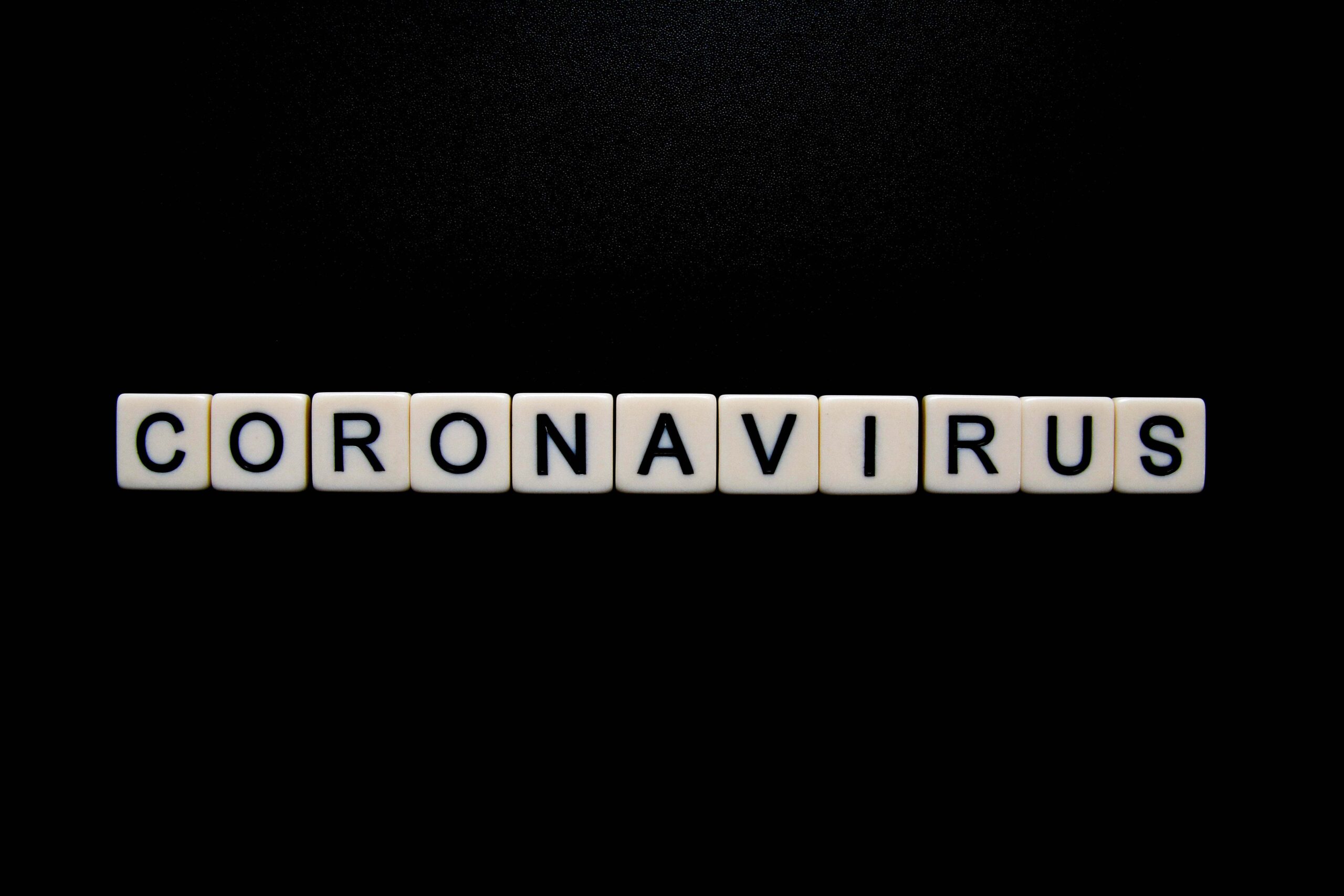The Big Uneasy: Coping with Covid 19 and Anxiety

This third post on “Emotions of the Pandemic” focuses on one of the more powerful and obvious manifestations of our COVID 19 experience: anxiety.

We may be used to thinking of anxiety as a “disorder” or a “problem, but as the American Psychological Association reminds us,
Anxiety is an emotion [italics mine] characterized by feelings of tension, worried thoughts and physical changes like increased blood pressure.
“Anxiety”, APA website
Anxiety is a regular part of human life, which everyone experiences to some degree in the course of living ordinary life. Yet it can also be one of the most excruciating experiences that we can have when it’s at its worst.
Psychology and neuroscience affirm that anxiety is the nervous system’s standard and predictable response to uncertain and threatening circumstances—to crises. Our brains and nervous systems are wired to feel anxious when we encounter threats that have unpredictable aspects.
The Alertness Emotion
Anxiety was created by evolution for a purpose. It’s meant to protect us and to keep us alert when we’re facing situations of potential threat. It’s intended to motivate us into taking action that keeps us and the people and things near and dear to us safe when there’s danger in the environment. So, anxiety can actually be a very good thing, that enables us to take good care of ourselves.
However, we can become overloaded with anxiety in situations where we feel we’re dealing with too much uncertainty. If it gets too great a hold in the wrong way, anxiety can overwhelm our capacity for coping, and it can cripple our ability to function effectively. For many people, this has been the experience with COVID 19 and anxiety, as they deal with digestive issues, headaches, relentless worry, sleep problems and nightmares, and experiences of sudden rage that seem to come out of nowhere. It’s not surprising that some people are turning to alcohol, drugs or other means of diversion at record levels. As renowned physician and addictions counsellor Dr. Gabor Maté emphasizes,
A lot of us carry a great deal of anxiety that we usually cover up or distract ourselves from, through work, relationships, going to the pub, watching sports, exercising. Some of these are good things to do, but they can also function as a way of binding or diverting our anxieties.
Now that there are fewer of those options for coping, people’s anxieties are rising, and that’s showing up in their behavior. [Much] anxiety was not born of the COVID-19 pandemic. It was there before, and in almost every case, it goes back to people’s earliest experiences.
Mate, Gabor, “When The World Won’t Hold Us”
Denial, Minimization, Diversion
Certainly, when it comes to COVID-19 and anxiety, the anxiety can be so continuous and so overwhelming for many people that they try consciously to deliberately minimize it, or, on an unconscious or semi-conscious level, they deny its existence, or try to divert from it. They seek to live their lives as if nothing untoward or different is happening.
It may well be that much of the resistance to wearing masks or engaging in social distancing comes from the fact that acknowledging the anxiety that the present situation arouses is simply too uncomfortable or painful for individuals to take in. Also, in many cases, the anxiety of the COVID situation connects too powerfully with other anxieties that we’re had in our lives for an incredibly long time, but may have been able to keep at bay—until now.
COVID-19 and Anxiety: How To Deal with It
If you’re facing an overload of anxiety at the present time, how can you best deal with it, and restore yourself to experiencing normal and appropriate levels of anxiety, as opposed to overload?
One simple answer is to connect with things that give a sense of calm. This can include quite a number of straightforward practices, including deep breathing, and exercise of many forms. Many people find great value in practices such as yoga and T’ai Chi. There’s a lot of scientific evidence that getting out and exercising in green spaces enhances relaxation and a sense of well-being.
There’s something I’ve mentioned before is limiting consumption of news channels. These days they’re full to the brim of stories about COVID. One good approach can be to confine yourself to one trustworthy news choice, which you listen to just once a day, rather than bathing yourself in the constant 24 hour a day news cycle.
Another important type of thing we can do is to move our anxiety towards action. We can do this by doing something where we take hold of our power. Generally speaking, anything that you can do that genuinely increases your sense of control in your life, and helps you to feel that you do have power you can use is good. It will tend to help you feel better and less anxious. This could involve help for other people, or creating things that bring more of what you want into your own life.
To effectively address COVID-19 and anxiety issues, it can be extremely valuable to do therapy with a /a-midlife-transition who can help you to greater insight about the roots of your anxiety, and how it might relate to what is trying to emerge in your life. This can be very valuable, if the therapist also has an understanding of the neuroscience of anxiety. For people who are experiencing the COVID-19 crisis as a major life transition, this kind of help can bring important healing and growth.
With very best wishes for your journey to wholeness,
